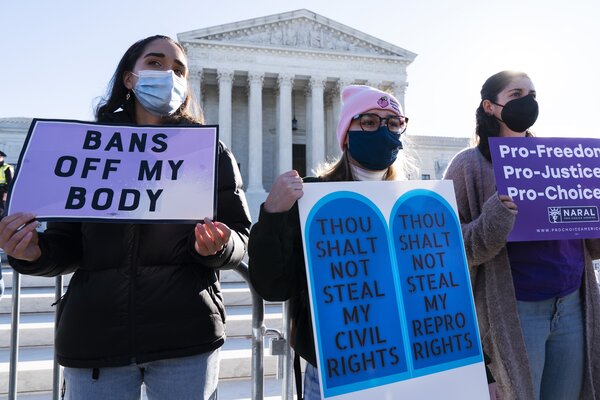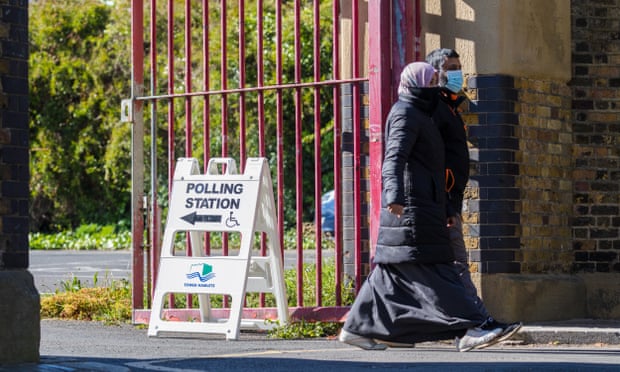Study finds: Muslims in Germany are very religious, and faith plays a central role in their day-to-day lives, a high level of religious tolerance, little influence on the political sphere, considerable diversity in terms of denominations and countries of origin.
Across all age groups, the Muslims who live in Germany are highly religious, which clearly differentiates them from the overall German population. But their religious faith is not characterized by rigid dogmatism or fundamentalism. On the contrary, Muslims in Germany tend to be very accepting of religious pluralism and take a relatively pragmatic approach to religion in their day-to-day lives. These are among the conclusions reached by the Bertelsmann Stiftung’s special study “Religion Monitor 2008: Muslim religiosity in Germany,” which was unveiled today in Berlin. The study is based on a representative survey of more than 2,000 Muslims over the age of 18. According to the study, 90 percent of the Muslims who live in Germany are religious, and of that group 41 percent can be classified as highly religious. Five percent are nonreligious. By comparison, 70 percent of the German population as a whole are religious (18 percent of them highly religious), while 28 percent are nonreligious. However, the level of religiosity differs markedly between members of the various Muslim denominations and according to national origin as well as ethnic and cultural background. For example, Sunnis in Germany are characterized by a particularly high level of religiosity; 92 percent consider themselves to be religious, and of that group 47 percent are highly religious. Among Shiites, 90 percent are religious (29 percent highly religious), while 77 percent of Alevites regard themselves as religious (with 12 percent of that group highly religious). By comparison, a look at the Christian denominations in Germany shows that 84 percent of Catholics and 79 percent of Protestants are religious, with the highly religious making up 27 percent and 14 percent of those groups, respectively. Among language groups, the highest level of religiosity – 91 percent – is found among speakers of Turkish and Arabic. The relevant figures are somewhat lower for people of Bosnian descent and speakers of Farsi: 85 percent and 84 percent, respectively. The largest share of highly religious individuals, 44 percent, is found among Muslims of Turkish origin.
Full-text of report available here or here.






